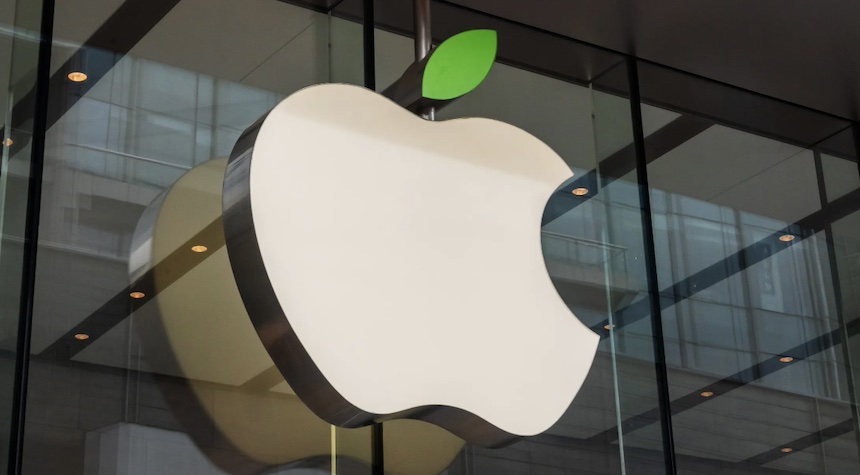A comment inside an October 2023 Bloomberg article regarding Apple’s next major update to its iPhone and iPad operating system should raise alarms despite its seemingly trivial surface appearance.
In the course of its overhaul, Apple will stop offering dedicated apps for the Apple TV set-top box which allows users to rent and purchase movies and TV shows. The company will also remove movie and TV shows sections from the iTunes Store apps on iPhones, iPads, and iPods. Apple’s spokesperson declined to comment.
Apple is trying to get more people to use the main TV application, which is at the core of its video strategy. Users can subscribe to third-party video services such as Starz and Paramount+. Customers can already rent and purchase programs through the app, so a separate iTunes option is not necessary.

This may seem like a small deal at first glance. This app allows the user to do everything in one place, making it more convenient than purchasing a TV show or movie.
Yes. Therein lies the issue.
The natural tendency in any consumer-oriented business is to gravitate towards the path that offers the least amount of resistance, especially when it means spending the least possible. In some cases, convenience can outweigh economic impact. For example, using Uber Eats for online shopping is more convenient than going to a store or restaurant. There is a distinct difference between using an online channel for in-person third-party shopping and food delivery. It is much more important to survive than to send your DoorDasher to go pick up the latest sweater. It’s not a problem. The real nemesis of streaming lies behind its convenience-laden conceit. It is the simultaneous ceding by consumers of their genuine control of content to media providers and the cheapening of artistic creation via devaluation, media delivery, and ownership.

A story from 2009 illustrates the first point.
This morning, Amazon Kindle users woke up to find that books by a famous author mysteriously disappeared from the e-book reader. They had paid for and purchased these books, which they thought they owned.
Amazon caved in since the publisher had changed its mind and no longer wanted to offer an electronic version. It deleted electronically all books by the author from people’s Kindles and credited them for the price.
What are the books? George Orwell’s “1984” and “Animal Farm”.

It was not the first time that this happened. In 2009, a second book met the same fate. You may have heard about it. You might have heard of it. Snark aside. While there were legitimate concerns about copyrights and publisher preferences with the deleted books, the titles in question being subjected to such a fate, as opposed, for example, to “The Audacity of Hope”, is a more convenient scenario for a progressive mindset.
It is easier for content providers now to stop providing digital content, as the ownership of digital materials has declined. Do you want to watch that TV show or movie you saw on Netflix a few weeks ago? Sorry, it’s been taken offline. It didn’t generate enough revenue. It didn’t emphasize what we wanted. Same difference.
Another issue with streaming is that it can make people think less of the value of the content. In the past, to own a copy, whether it was audio or video, you almost always had to purchase that recording. For music or movies, a CD or VHS was required. Human nature is to value physical goods that are purchased with money earned by the owner. It is human nature to value things that require time and effort.

Spotify’s streaming of this week’s favorite pop rave through Beats earbuds is not comparable to listening to the same song on vinyl or CD, much less something of a higher artistic quality. The immersive experience that comes with a physical product, such as a CD or vinyl, is also missing. No album artwork, liner notes, or song lyrics are available to be studied. The experience cannot be shared with others. In the visual world, gathering friends and family to watch a show or movie with everyone huddled together around your Android speaker while blasting the soundtrack is not appealing.
In a world where the madness is increasing, it’s more important than ever to keep our humanity alive and at least partly restore order. It is not a good idea to give ownership of your media content over to third parties that do not share the same values as you. You should not only support independent artists but also insist on retaining what you love in formats that the content providers cannot remove. Don’t allow anyone to implement a digital Fahrenheit 451.


